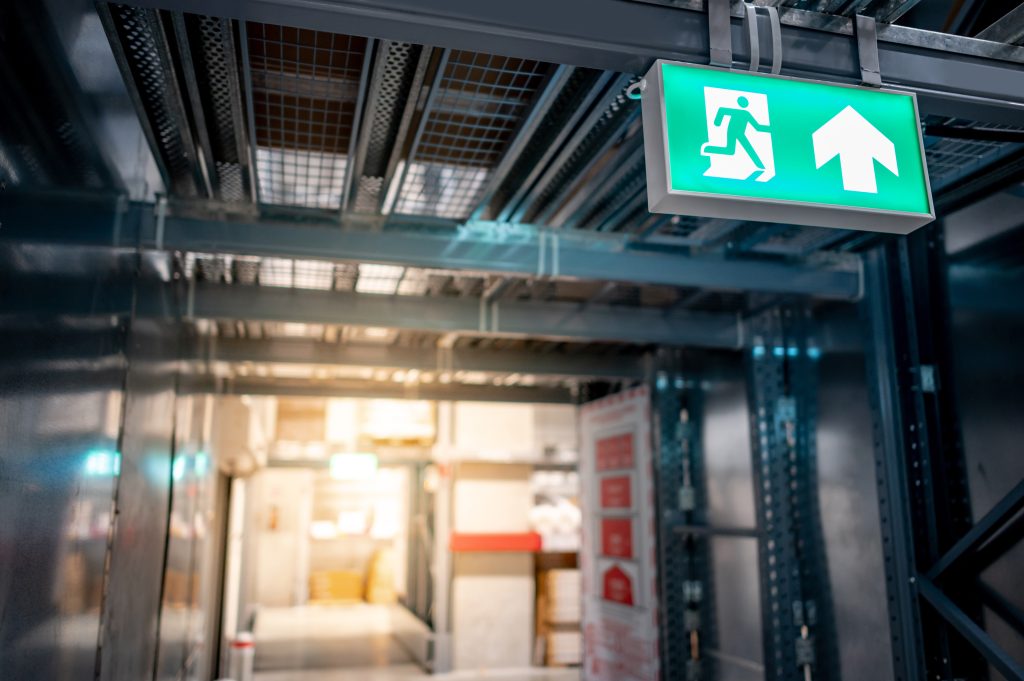Indoor Air Quality (IAQ) has become a critical concern for businesses, healthcare facilities, and educational institutions. Clean air isn’t just about comfort—it’s directly tied to health, well-being, and productivity. Poor IAQ can lead to respiratory problems, allergies, and even the spread of airborne diseases, impacting everyone who spends time indoors. One key factor in improving IAQ is regular and effective cleaning.
In this article, we’ll explore the vital role that cleaning plays in enhancing indoor air quality, particularly in offices, healthcare facilities, and schools, where maintaining a clean and healthy environment is paramount.
Understanding Indoor Air Quality (IAQ)
Indoor Air Quality refers to the cleanliness and health of the air inside buildings and how it affects the occupants. IAQ can be compromised by several factors, including dust, mold, chemical pollutants, and airborne bacteria. Without proper ventilation or cleaning practices, these contaminants can accumulate and circulate through the building, leading to health issues such as asthma, allergies, and respiratory infections.
Cleaning is one of the most effective ways to improve IAQ, as it helps to reduce the presence of these harmful pollutants and keeps indoor environments safer and healthier.
The Role of Cleaning in Offices
Offices are high-traffic environments, and poor indoor air quality can negatively impact employee health and productivity. With so many people working in close proximity, contaminants can quickly build up, especially in areas like carpets, HVAC systems, and shared spaces such as breakrooms and conference rooms.
How Cleaning Improves IAQ in Offices:
- Regular Dusting and Vacuuming: Dust particles can carry allergens and pollutants. Frequent dusting and vacuuming, especially using vacuums with HEPA filters, reduce the spread of airborne particles and improve air quality.
- Cleaning HVAC Systems: Office HVAC systems can trap and circulate dust, bacteria, and mould. Routine cleaning of vents, filters, and ducts ensures that the air circulated throughout the office is clean and free of contaminants.
- Disinfecting High-Touch Areas: Regular disinfection of surfaces such as desks, keyboards, and doorknobs helps eliminate bacteria and viruses that can become airborne and affect the air quality.
Improving IAQ in Healthcare Facilities
Maintaining high IAQ in healthcare facilities is essential due to the presence of vulnerable patients and the increased risk of infection. Hospitals and clinics require stringent cleaning practices to ensure that the air quality is optimal, reducing the potential spread of diseases.
Cleaning’s Impact on IAQ in Healthcare:
- Eliminating Airborne Pathogens: In healthcare settings, the air can easily become contaminated with bacteria and viruses. Regular disinfection of surfaces and the use of air-purifying systems can significantly reduce the spread of airborne pathogens.
- Managing Chemical Use: Many cleaning products contain volatile organic compounds (VOCs), which can degrade air quality and contribute to respiratory problems. Healthcare facilities are increasingly switching to green cleaning products that are less harmful and still effective at eliminating pathogens.
- Preventing Mould Growth: Moisture can lead to mould growth, which severely impacts IAQ. Mold spores can circulate through the air and cause respiratory issues. Regular cleaning of areas prone to moisture, such as bathrooms and HVAC systems, can prevent mould buildup.
Enhancing IAQ in Schools
Schools are home to young children who are particularly susceptible to poor air quality. Dust, mould, and viruses can easily spread in classrooms and hallways, leading to health problems that affect attendance, learning outcomes, and overall student performance. Effective cleaning routines are essential to maintain a healthy environment.
Cleaning for Better IAQ in Schools:
- Reducing Allergens: Dust, pet dander, and pollen can accumulate in schools and trigger asthma and allergies in students. Regular vacuuming, dusting, and cleaning of classroom surfaces help reduce these allergens.
- Promoting Ventilation: Proper cleaning of ventilation systems ensures that fresh air is circulating in classrooms and hallways. Clean air filters reduce the number of airborne pollutants and improve overall air quality.
- Green Cleaning: Using eco-friendly cleaning products that are free of harmful chemicals helps protect students from exposure to toxins and irritants, ensuring the air they breathe is as clean as possible.
The Importance of Green Cleaning for IAQ
One of the biggest contributors to poor IAQ is the use of conventional cleaning products that contain harsh chemicals. These chemicals can release harmful fumes and VOCs, which not only affect the environment but also degrade the air quality indoors. Over time, these toxins can cause headaches, nausea, and long-term respiratory issues.
Switching to green cleaning solutions is one of the most effective ways to improve IAQ. Eco-friendly cleaning products are free from toxic chemicals and provide a safe alternative for cleaning professionals to maintain a clean environment without compromising air quality. Moreover, green cleaning practices focus on sustainability, reducing the environmental impact of cleaning while ensuring cleaner, healthier indoor spaces.
Cleaning Practices that Boost IAQ
Here are some key cleaning practices that help improve IAQ in offices, healthcare facilities, and schools:
- Use of HEPA Filters: Vacuums and air purifiers equipped with HEPA filters can trap small particles like dust, pollen, and pet dander, preventing them from re-entering the air.
- Routine Disinfection: Regular disinfection of surfaces, especially high-touch areas, helps reduce the number of airborne pathogens.
- Proper Ventilation: Ensuring that HVAC systems are cleaned and maintained regularly helps circulate fresh air and remove pollutants from indoor spaces.
- Moisture Control: Addressing leaks and moisture-prone areas can prevent mould growth, which is a major contributor to poor air quality.
- Green Cleaning Products: Using eco-friendly, non-toxic products minimises the release of harmful chemicals into the air.
Conclusion: Clean Spaces, Clean Air
The quality of the air we breathe indoors is directly impacted by how well a space is cleaned. Whether in offices, healthcare facilities, or schools, regular and thorough cleaning can significantly improve IAQ, leading to healthier, more productive environments. By adopting green cleaning solutions and focusing on high-impact areas like HVAC systems and high-touch surfaces, businesses and institutions can ensure that their indoor environments are safe, healthy, and conducive to well-being.
With clean air becoming a top priority, investing in proper cleaning practices and products is an essential step towards creating better indoor environments for everyone.


